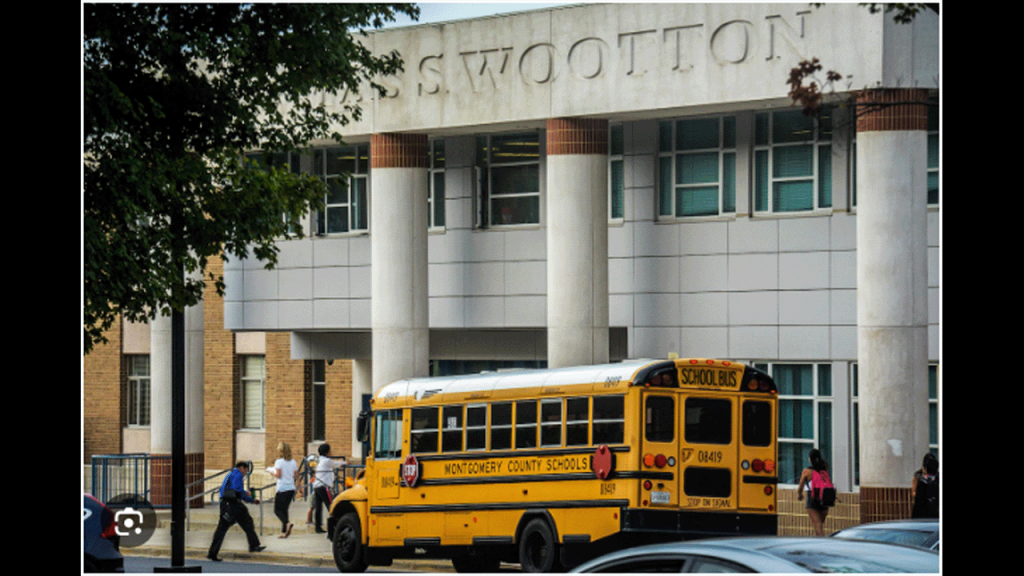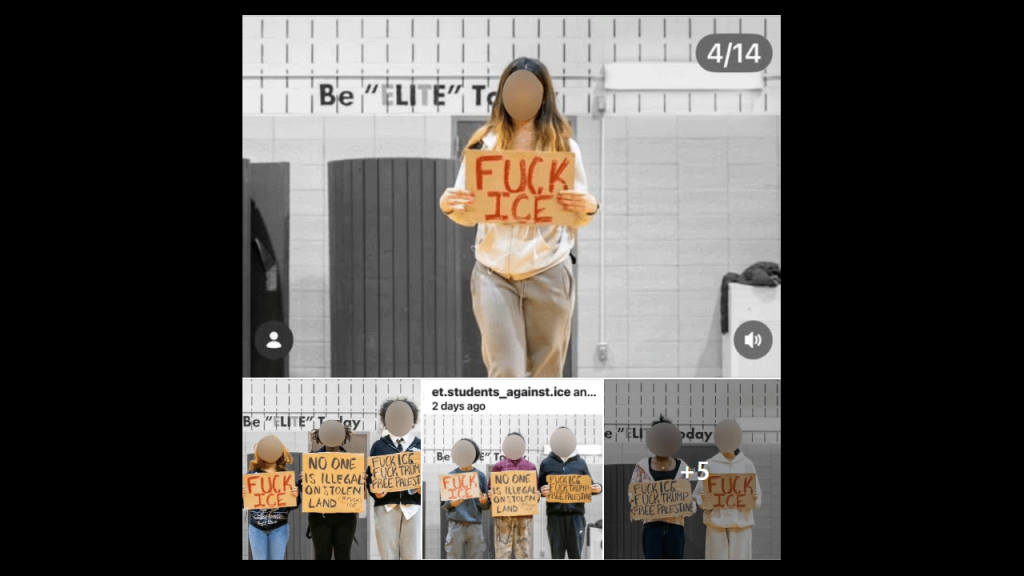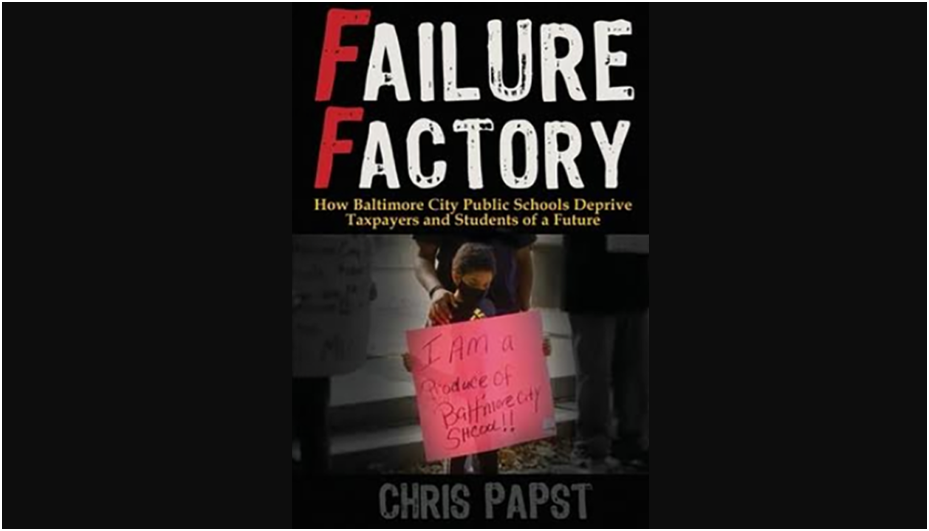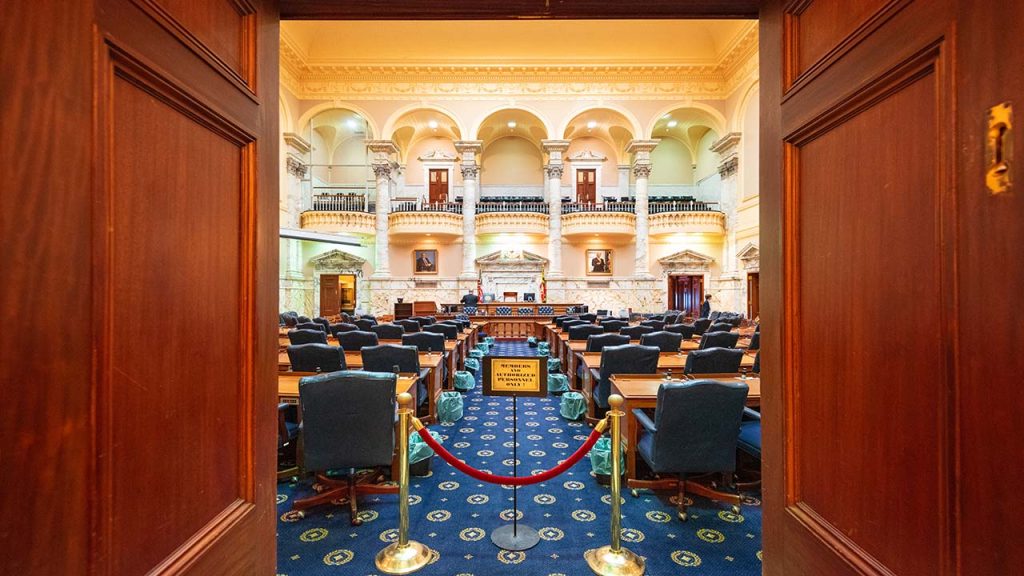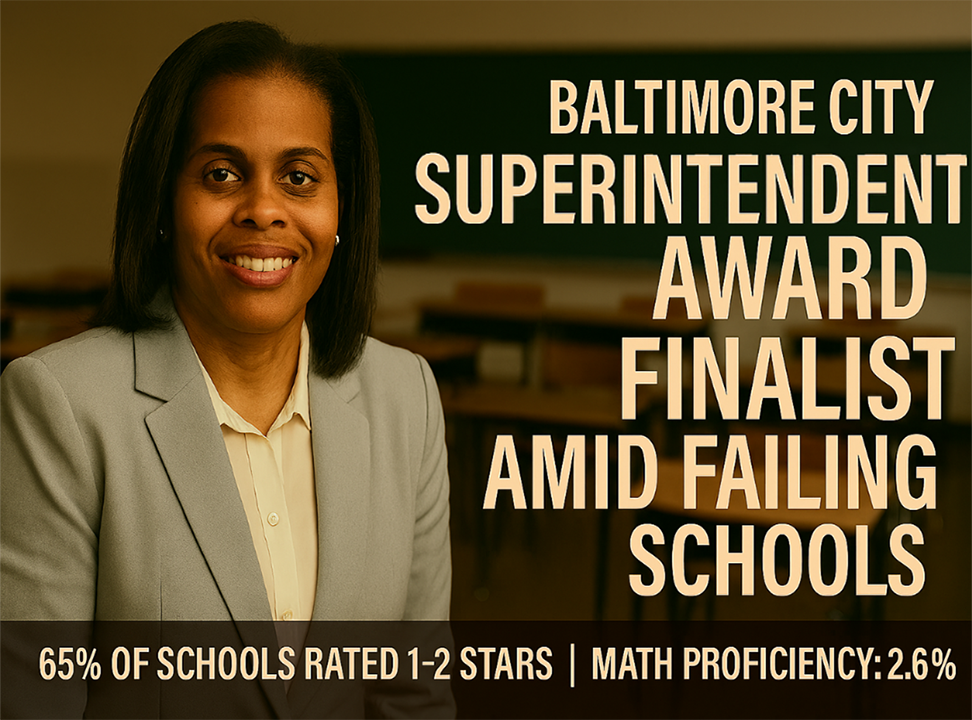

Advancing Struggling Students: Maryland’s Controversial Move to Skip Retention in Third Grade
Maryland is considering a significant change to its literacy program, aimed at addressing the educational needs of students who do not meet reading standards by the third grade. This revision would allow parents or guardians to advance their children to the fourth grade, even if they are not reading at grade level, provided that they agree to additional support measures such as summer school, tutoring, or other forms of instruction outside regular school hours. The proposed changes have sparked considerable debate among educators, parents, and policymakers, reflecting a broader conversation about student achievement and educational equity in the state.
Background and Rationale for the Change
The Maryland State Board of Education reviewed this proposed revision in response to nearly 1,000 comments from parents and advocates. Many expressed concerns about retaining third graders who are not reading at grade level, citing potential negative impacts on student confidence and social development. The proposed policy change is part of a broader effort by the state to improve its educational ranking. Currently, Maryland is ranked 40th in the nation in student achievement, with a goal to be in the top 10 by 2027. The state’s strategy involves not just retaining students but implementing a more comprehensive literacy program that includes interventions and activities starting from kindergarten. This approach is designed to create a more robust foundation for literacy development long before third grade.
Key Components of the Proposed Policy
The proposed policy offers parents or guardians the option to advance their children to the next grade level, with the condition that they commit to additional support measures. These could include summer school, after-school tutoring, or other forms of instruction outside the regular school day. This opt-out provision is intended to balance the need for rigorous academic standards with flexibility for families who may have concerns about the social and emotional effects of grade retention.
Moreover, the revision emphasizes state guidance on promotion and retention, fostering partnerships with families, and providing pre-service training for future teachers. These components suggest a holistic approach to improving literacy outcomes, which recognizes the importance of early intervention and ongoing support throughout a child’s educational journey.
Implementation Timeline and Next Steps
The final literacy program plan is expected to be presented for approval in September, with implementation slated to begin in the next school year. The retention policies, however, are not set to take effect until the 2026-27 school year. This timeline provides schools and districts with a window to prepare for the new requirements, including adjusting curriculum, training teachers, and developing partnerships with families to support student learning.
Concerns and Criticisms
Despite the state’s intentions, the proposed revision has faced criticism from various stakeholders. Some school board members have raised concerns about the timing and type of instructional support being offered, advocating for such support to occur during the school day rather than outside of regular hours. This, they argue, would ensure that all students, regardless of their family’s ability to provide transportation or manage schedules, have equitable access to the support they need.
Another point of contention is the policy’s exclusion of prekindergarten education from its scope. Critics argue that including prekindergarten could provide an additional year of instruction and intervention, potentially mitigating the need for retention later. Additionally, there are concerns about the impact of the policy on students of color, low-income families, and multilingual learners. Critics fear that advancing students who are not reading at grade level without sufficient in-school support could exacerbate existing disparities in educational outcomes, potentially leading to decreased confidence, increased behavioral issues, and further academic struggles.
The terminology used in the policy has also been debated. Some have suggested replacing the term “waiver” with “informed consent” to better communicate the risks and choices to parents. This change would underscore the gravity of the decision to advance a child who is not reading at grade level and ensure that parents are fully aware of the potential implications.
Suggestions for Improvement
To address these concerns, several suggestions have been made for improving the policy’s implementation. These include increased state investment in resources, such as literacy coaches and comprehensive teacher training, to support the diverse needs of students across the state. Enhanced pre-service training for future teachers is also recommended, equipping them with the skills necessary to deliver effective literacy instruction and interventions.
Additionally, some advocates have called for a more integrated approach to literacy education, one that involves a broader range of stakeholders, including community organizations and local businesses, to support literacy development both inside and outside the classroom. This approach would help create a more supportive and enriching environment for all students, particularly those from underserved communities.
Moving Forward
The revised literacy policy will be posted online for further public comment, allowing stakeholders an opportunity to weigh in on the proposed changes. This process of public consultation is crucial to ensuring that the policy reflects the diverse needs and perspectives of Maryland’s communities.
As Maryland moves forward with its plans to revise the literacy program, it faces a complex balancing act: improving literacy outcomes and overall student achievement while also addressing concerns about equity, access, and the potential unintended consequences of its policies. By continuing to engage with parents, educators, and other stakeholders, the state can work towards a literacy program that is not only effective but also equitable and inclusive.
Maryland’s proposed revision to its literacy program represents a significant step towards improving student outcomes and achieving its ambitious educational goals. However, the success of this initiative will depend on careful planning, adequate resources, and ongoing dialogue with all stakeholders to ensure that every child has the opportunity to succeed.
Dig Deeper With Our Longreads
Newsletter Sign up to get our best longform features, investigations, and thought-provoking essays, in your inbox every Sunday.
The MEN was founded by John Huber in the fall of 2020. It was founded to provide a platform for expert opinion and commentary on current issues that directly or indirectly affect education. All opinions are valued and accepted providing they are expressed in a professional manner. The Maryland Education Network consists of Blogs, Videos, and other interaction among the K-12 community.




